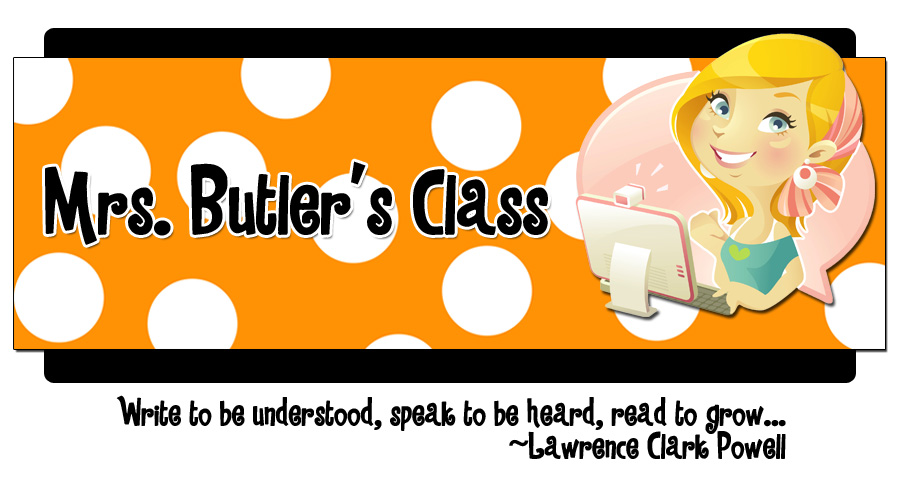Conflict 101
- A conflict is more than just a disagreement. It is a situation in which one or both parties perceive a threat (whether or not the threat is real).
- Conflicts continue to fester when ignored. Because conflicts involve perceived threats to our well-being and survival, they stay with us until we face and resolve them.
- We respond to conflicts based on our perceptions of the situation, not necessarily to an objective review of the facts. Our perceptions are influenced by our life experiences, culture, values, and beliefs.
- Conflicts trigger strong emotions. If you aren’t comfortable with your emotions or able to manage them in times of stress, you won’t be able to resolve conflict successfully.
- Conflicts are an opportunity for growth. When you’re able to resolve conflict in a relationship, it builds trust. You can feel secure, knowing your relationship can survive challenges and disagreements.
Conflict may feel more threatening to you than it really is
Do you fear conflict or avoid it at all costs? If your perception of conflict comes from frightening or painful memories from previous unhealthy relationships or your early childhood, you may expect all present-day disagreements to end badly. You may view conflict in relationships as demoralizing, humiliating, dangerous, and something to fear. If your early life experiences also left you feeling out of control and powerless, conflict may even be traumatizing for you.If you view conflict as dangerous, it tends to become a self-fulfilling prophecy. When you go into a conflict situation already feeling extremely threatened, it’s tough to deal with the problem at hand in a healthy way. Instead, you are more likely to shut down or blow up in anger.
| Healthy and unhealthy ways of managing and resolving conflict | |
| Unhealthy responses to conflict: | Healthy responses to conflict |
|
|
Successful conflict resolution depends on your ability to regulate stress and your emotions
Conflict triggers strong emotions and can lead to hurt feelings, disappointment, and discomfort. When handled in an unhealthy manner, it can cause irreparable rifts, resentments, and break-ups. But when conflict is resolved in a healthy way, it increases our understanding of one another, builds trust, and strengthens our relationship bonds.If you are out of touch with your feelings or so stressed that you can only pay attention to a limited number of emotions, you won’t be able to understand your own needs. If you don’t understand your needs, you will have a hard time communicating with others and staying in touch with what is really troubling you. For example, couples often argue about petty differences—the way she hangs the towels, the way he parts his hair—rather than what is really bothering them.
The ability to successfully resolve conflict depends on your ability to:
- Manage stress quickly while remaining alert and calm. By staying calm, you can accurately read and interpret verbal and nonverbal communication.
- Control your emotions and behavior. When you’re in control of your emotions, you can communicate your needs without threatening, frightening, or punishing others.
- Pay attention to the feelings being expressed as well as the spoken words of others.
- Be aware of and respectful of differences. By avoiding disrespectful words and actions, you can resolve the problem faster.
PROBLEM SOLVING PROCESS

No comments:
Post a Comment